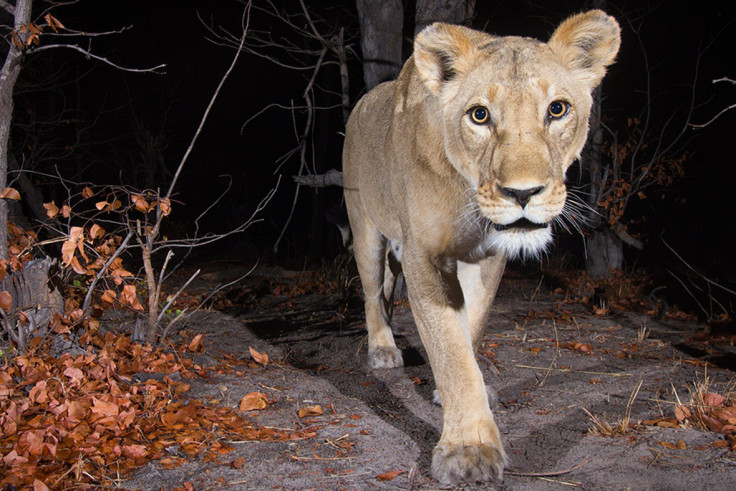Lioness rescued from Indian circus shown BBC and Nat Geo wildlife videos for parenting tips
Zoo staff are showing documentaries to the lioness after her sister fatally injured a cub from her first litter.
A lioness at a zoo in the north Indian state of Rajasthan is reportedly being shown videos of big cats parenting their cubs. The novel method was adopted as the lioness, which was rescued from a circus along with her sister a few years ago, has not experienced motherhood or seen other cats parenting their cubs.
Authorities at the Nahargarh Biological Park have installed a television in cage of Tejika, an Asiatic lion. She is being shown documentaries - from the BBC and National Geographic - of how big cats in the wild behave with their cubs, and how they lift cubs in their mouth and move around without hurting them, the Hindustan Times reported.
The decision to show the videos to the lionesses was made after Tejika's sister – named RT and kept in a different park – accidentally killed one of her two cubs earlier this month while trying to pick them up using her mouth. One of the cubs died instantly while the other was seriously injured.
Taking care of cubs was new for the sisters, forest officials were reported as saying. Asiatic lions are found only in India's Gir National Park in the Gujarat state. Tejika and RT were rescued from a circus in Gujarat a few years ago.
Tejika gave birth to five cubs over a period of three days, said Rajasthan's chief wildlife warden Arindam Tomar. One of them was stillborn, while another one is battling for life due to extreme weakness, he said.
The other three cubs are healthy and the lioness is taking good care of them and feeding them regularly, Tomar said.
"We don't know what impact the documentaries had on her but she is doing better than her sister," he added.
The lioness was not keen on watching the videos initially but started paying attention after a few days, Tomar said. The videos are shown to her only for a short period of time each day, and the zoo officials say that injuries are common for the first litter of lions even in the wild.
The zoo officials hope the TV experiment will work for the lioness and her cubs but wildlife experts doubt whether watching documentaries would make a difference to an animal's behavior.
The behaviour of lionesses towards their newborn is not uniform and cannot be compared, said wildlife expert Raza H Tehsin. It would be "very difficult" to say what impact the videos have had on a particular lioness, he said.

© Copyright IBTimes 2025. All rights reserved.





















